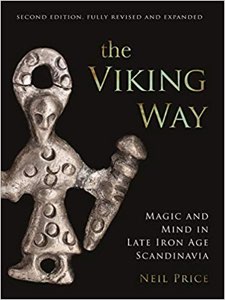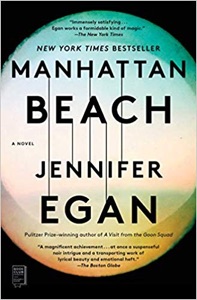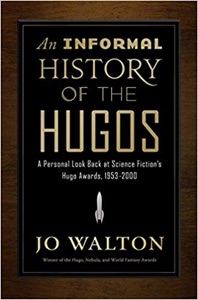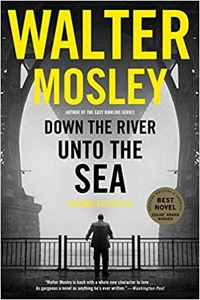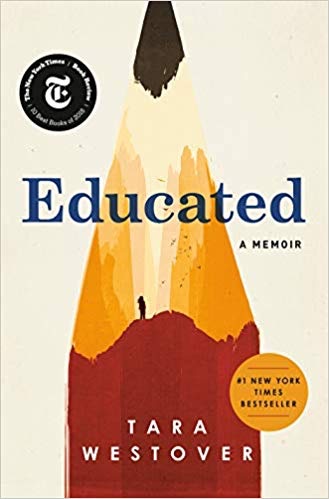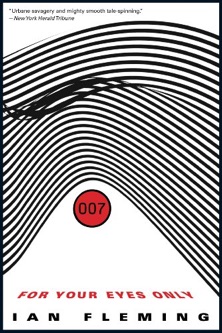This novel about a near-future naval war between an isolated United States and a Chinese-Russian alliance is skillful, exciting, and jingoistic. I have a sneaking fondness for this genre, for early Tom Clancy and even for W. E. B. Griffin, and Ghost Fleet shares many of the virtues of those books. Indeed, it shares rather too much with Clancy’s Debt Of Honor, Clancy’s book about a second war against Japan. (Clancy was trying to write a plausible replay of the Pacific War as a sequel to Red Storm Rising, his sprawling and underrated exploration of a war between NATO and the Soviet Union.)
In old Hollywood war movies, America and civilization were saved by a scrappy ethnic alliance of guys who discovered that, underneath, they're all Americans. Here, the free world is saved by a working-class, enlisted father, his college-boy officer son, a Chinese-American electrical engineer, and a serial murderer who discovers that war is rather good fun. The heroic and cute engineer would be fun if her casting weren’t so obviously racist and if she was given space to become a character rather than a placeholder for the Good Asiatic. Tension between chief petty officer Dad and his Executive Officer son works nicely, though Dad is always around and the 174 other crew members aren’t. The war is not well motivated, so we have perfidious Asian sneak-attack followed by a cruel Asian occupation that (again, very unfortunately) is partly mitigated by advice of the kindly white Russian attaché.
Still, for all its many flaws, it’s a good airplane book.
September 29, 2019 (permalink)
